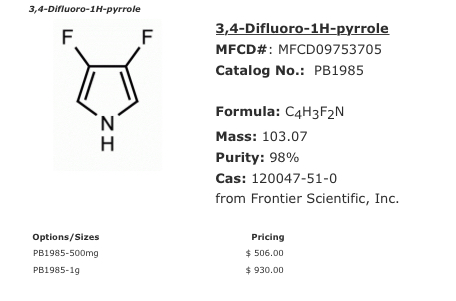Novasep Makes a pretty good continuous and its freaking brilliant, it automatically ratifies and pulls off. NOVASEP | Services and technologies for the life science and chemical industries - Novasep
Here is a cool video explaining its awesomeness.
Novasep Makes a pretty good continuous and its freaking brilliant, it automatically ratifies and pulls off. NOVASEP | Services and technologies for the life science and chemical industries - Novasep
Here is a cool video explaining its awesomeness.
 I want one of these systems with the solvent recycling system. I haven’t heard back from them for a quote. I’m wondering if they think I can’t afford a million dollar setup. Sure, something worth below $100/g…but what if you don’t just run Cannabis…?
I want one of these systems with the solvent recycling system. I haven’t heard back from them for a quote. I’m wondering if they think I can’t afford a million dollar setup. Sure, something worth below $100/g…but what if you don’t just run Cannabis…?
Any takers? (I’m only half kidding) There’s a lot of cheap, terrible material from Asia that can be bought and purified and resold. Pictured above is an example of an item I developed. Profit ~$250/g. 1 step synthesis from commercially available materials. I could start making it tomorrow in my lab with just one tank of argon and some supplies from emerald scientific. But I digress…the people who make Cannabis oil are medicinal chemist as far as I’m concerned.
Does anyone have quotes for the Varicol series? Or a distributor phone number? The one in the US is essentially a CMO/consulting group.
What’s the best and cheapest supplier of c18 you have found
I miss you , but I know you are still watching
Complete newbie Michigan hemp processor, very interested in column dcvc chromatography to remove thc from crude, hope to scale to 200g batches of cbd crude, and currently debugging with a small bench setup, but lots of questions.